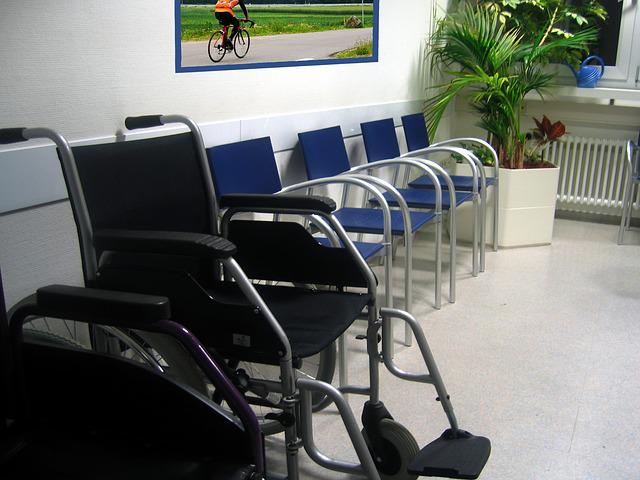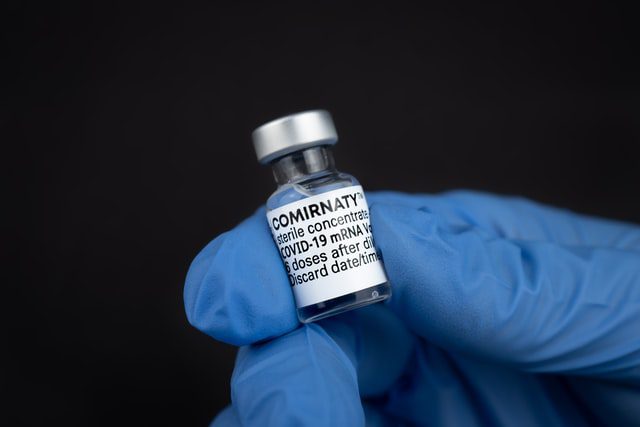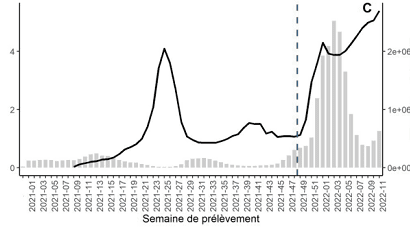
COVID-19 reinfections increase risk of organ failure, death
New research published in Nature Medicine magazine shows the devastating damage that can be caused to the human body by Covid-19 reinfections, with each reinfection increasing the risk, regardless of vaccination status.
A new study from Washington University School of Medicine in St. Louis and the Veterans Affairs St. Louis Health Care system shows the health consequences of reinfection. The researchers found that repeat SARS-CoV-2 infections contribute significant additional risk of adverse health conditions in multiple organ systems.
Such outcomes include hospitalization; disorders affecting the lungs, heart, brain, and the body’s blood, musculoskeletal and gastrointestinal systems; and even death. Reinfection also contributes to diabetes, kidney disease and mental health issues.
Washington University press release
We used inverse probability-weighted survival models to estimate risks and 6-month burdens of death, hospitalization and incident sequelae. Compared to no reinfection, reinfection contributed additional risks of death (hazard ratio (HR) = 2.17, 95% confidence intervals (CI) 1.93–2.45), hospitalization (HR = 3.32, 95% CI 3.13–3.51) and sequelae including pulmonary, cardiovascular, hematological, diabetes, gastrointestinal, kidney, mental health, musculoskeletal and neurological disorders. The risks were evident regardless of vaccination status. The risks were most pronounced in the acute phase but persisted in the postacute phase at 6 months. Compared to noninfected controls, cumulative risks and burdens of repeat infection increased according to the number of infections.
Nature Medicine article: Acute and post-acute sequelae associated with SARS-CoV-2 reinfection
*(our emphasis)
Catching Covid more than once ‘doubles your risk of death’
People who caught the virus more than once were found to be twice as likely to die and three times more likely to be hospitalised than people only infected once.
Those who were infected repeatedly were three and a half times more likely to end up with lung problems, three times more likely to get a heart condition and one and a half times more likely to have brain problems, compared with those who caught the virus just once.
Some Singapore scientists don’t agree with the study’s conclusions however:
Professor Ooi Eng Eong, an expert in emerging infectious diseases at Duke-NUS Medical School in Singapore, said he was “appalled at how this study got through peer review” and was published in the Nature Medicine journal last week.
The study said those reinfected were 3.5 times more likely to develop lung problems and three times more likely to suffer heart conditions. Prof Ooi pointed out that the study gave “very little information on what chronic diseases the cases with reinfection had”.
Nor did it look at patients who had other respiratory infections to find out if the higher risk is Covid-19-specific or if any viral infection exacerbates their underlying chronic diseases.
Agreeing, Professor Paul Tambyah, a senior infectious diseases consultant at National University Hospital (NUH) and president-elect of the International Society for Infectious Diseases, said the study had major problems.
Image by David Bailey from Pixabay





